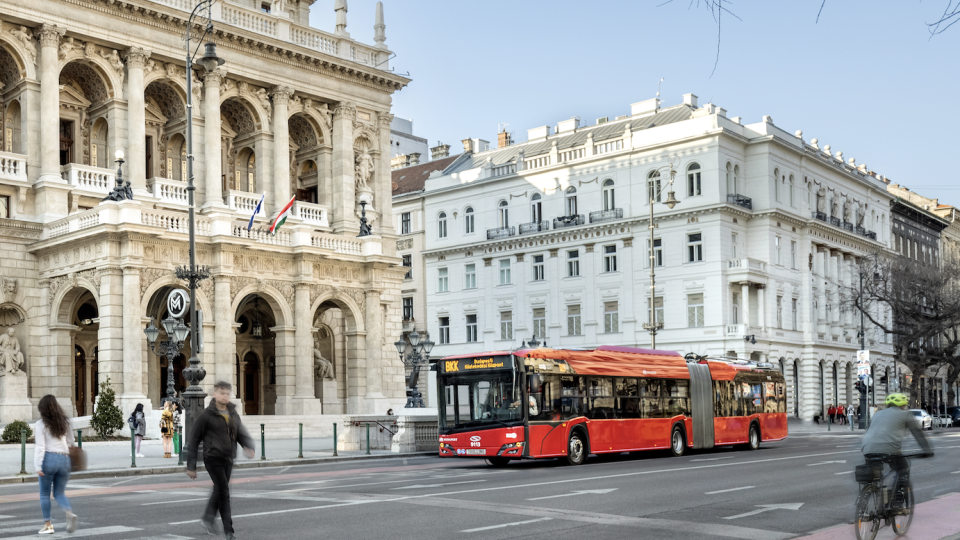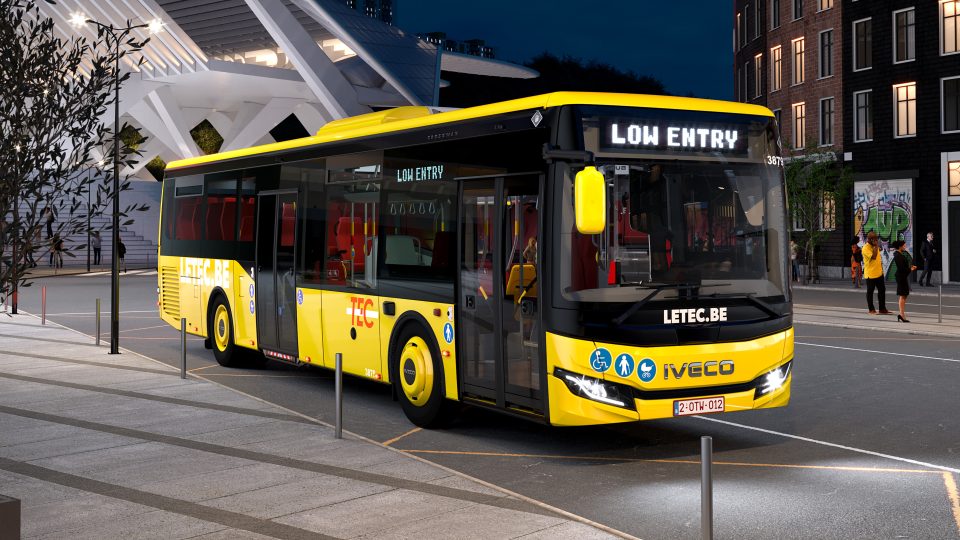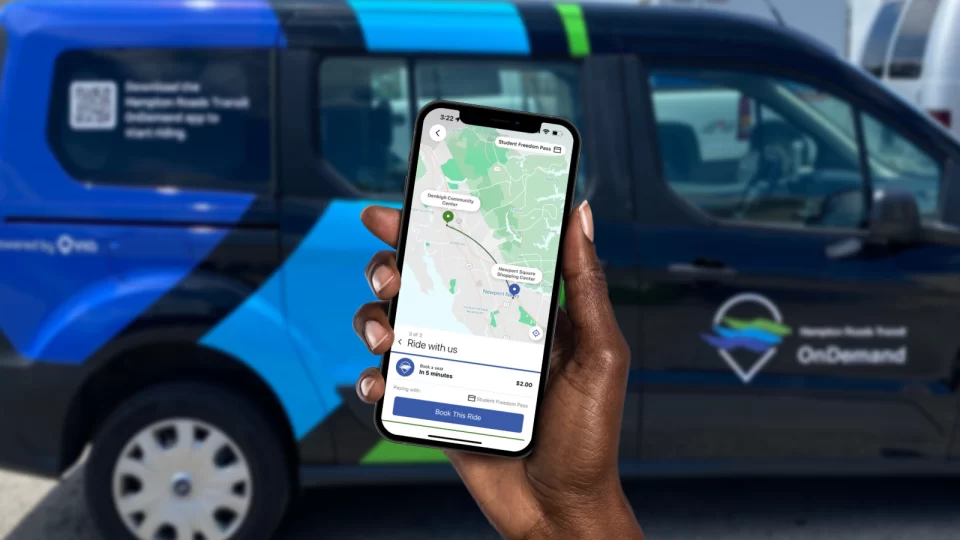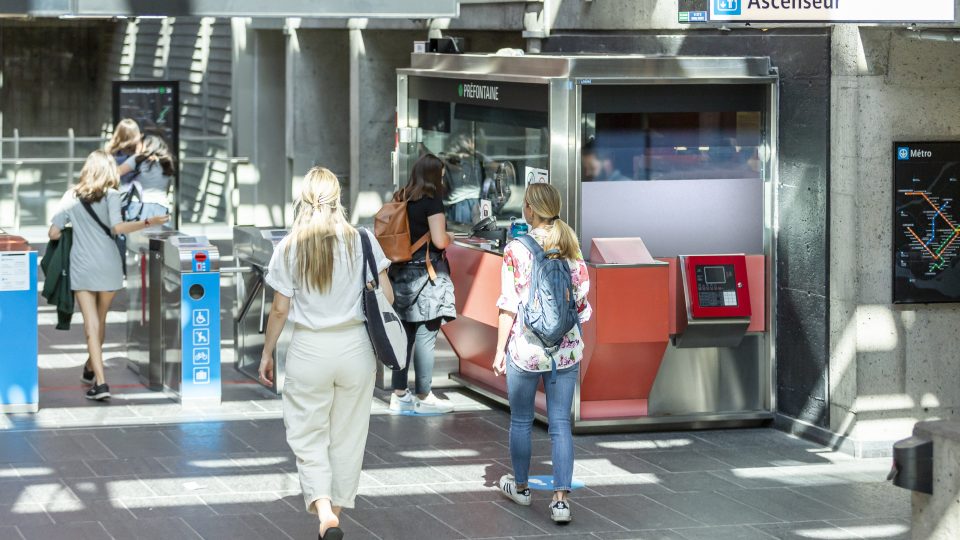Hydrogen bus on fire in the Netherlands. A Solaris bus in Arriva’s depot has been destroyed. Investigations are underway
A just-delivered hydrogen bus caught fire in late October in the Netherlands. The vehicle is a Solaris Urbino 12 hydrogen under the livery of Arriva NL, and is part of a ten-units order commissioned in early 2021. They were expected to be operating in the province of Gelderland in December of this year. Reasons of […]
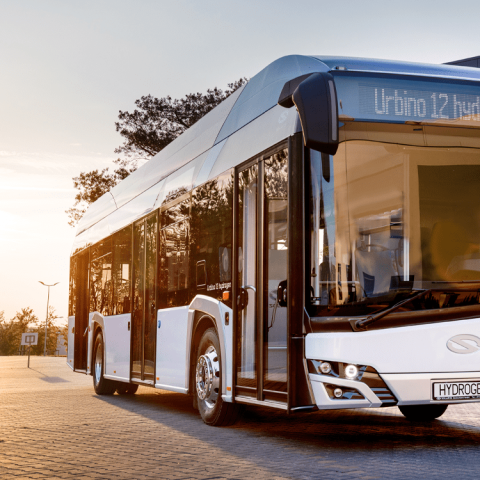
A just-delivered hydrogen bus caught fire in late October in the Netherlands. The vehicle is a Solaris Urbino 12 hydrogen under the livery of Arriva NL, and is part of a ten-units order commissioned in early 2021. They were expected to be operating in the province of Gelderland in December of this year. Reasons of the blaze are not yet known, but the episode gained much attention on the media.
An investigation by local and regional safety authorities is underway to determine the cause of the fire.
Still on the topic of blazes involving ZE buses, In late September a fire broke out in Stuttgarter Straßenbahnen (SBB)’s depot, in Gaisberg, destroying 25 buses. A first assessment by the police, reported on many German media, said that the fire could have been caused by an electric bus during charging procedure (in the specific case an eCitaro is involved).
Fuel cell bus on fire in the Netherlands
The fuel cell electric bus was the first of 10 to be deployed in Gelderland as part of the FCH JU-funded JIVE project, which has already successfully deployed more than 100 hydrogen fuel cell buses in France, Germany, Italy, the Netherlands, and the UK.
The media EnergyNews reports «Arriva is unsure what will happen to the remaining hydrogen buses that were ordered. It’s unclear whether the delivery of the other buses would be delayed as long as the cause of the fire isn’t determined».
The vehicle has had a very short life, as the Dutch media OV-magazine reports: «it was delivered on Monday morning, 25 October, driven on Wednesday, and on Thursday it was put into the workshop where the technicians were given an explanation of how the hydrogen bus works. Soon afterwards there was a fire, which was extensively reported by the media. The facts of the case will be known at a later date».
The 10 vehicles and the supporting infrastructure for Arrival Netherlands represents an investment of 6.4 million Euros, funded in partnership between Gelderland province, Arriva and the EU. Arriva Group also operates two Hydrogen buses in Denmark as part of a local trial, but the order in the Netherlands represents its most significant investment in hydrogen technology at the moment of the commissioning (January 2021).
Hydrogen bus on fire, FCH JU’s position
On 22th November a press note was sent with the signature of the Fuel Cell Hydrogen Joint Undertaking and JIVE project. It reads: «On 28 October 2021, a large fire broke out in a depot of the transport company Arriva in Doetinchem, in the Dutch province of Gelderland. An investigation by local and regional safety authorities is underway to determine the cause of the fire. A diesel and a hydrogen fuel cell electric bus were in the maintenance building, which was destroyed in the fire. Firefighters and police reported that there were no casualties or injuries».
It adds: «At this stage, it is not known what started the fire. Although this type of incident is rare in fuel cell electric buses, a specialised committee is investigating it thoroughly to determine the root cause. Arriva announced that the fire had not affected timetables and that vehicles were running normally. The European Hydrogen Safety Panel (EHSP) stands ready to support the project partners when conducting the accident investigation and providing impartial expertise. Launched by the FCH JU in 2017, the EHSP assists the FCH JU at programme and project
levels in assuring that hydrogen safety is adequately addressed and promotes hydrogen safety knowledge and culture in organisations engaged in hydrogen technologies».
Solaris hydrogen buses for Arriva Netherlands
In 2019, taking the opportunity of the UITP Global Public Transport Summit, Polish manufacturer Solaris Bus & Coach launched its first fuel cell bus Solaris Urbino 12 hydrogen.
The hydrogen version of the Urbino is basically structured as its battery-electric counterpart, hence made of stainless steel but sporting roof-mounted hydrogen tanks as its distinctive feature. The traction system is unchanged. Batteries are smaller than on the Urbino Electric: the bus ordered by SASA will be fitted with 30 kWh of High Power, the type designed for quick charging, by virtue of its high maximum charging power. The beating heart of the hydrogen bus is the fuel cell FCmove-HD 70 kW stack by Ballard Power Systems, the main global player providing fuel cells to heavy-duty commercial vehicles. Ballard can boast collaborations with Van Hool and VDL, and with the British bus builder Wrightbus.




